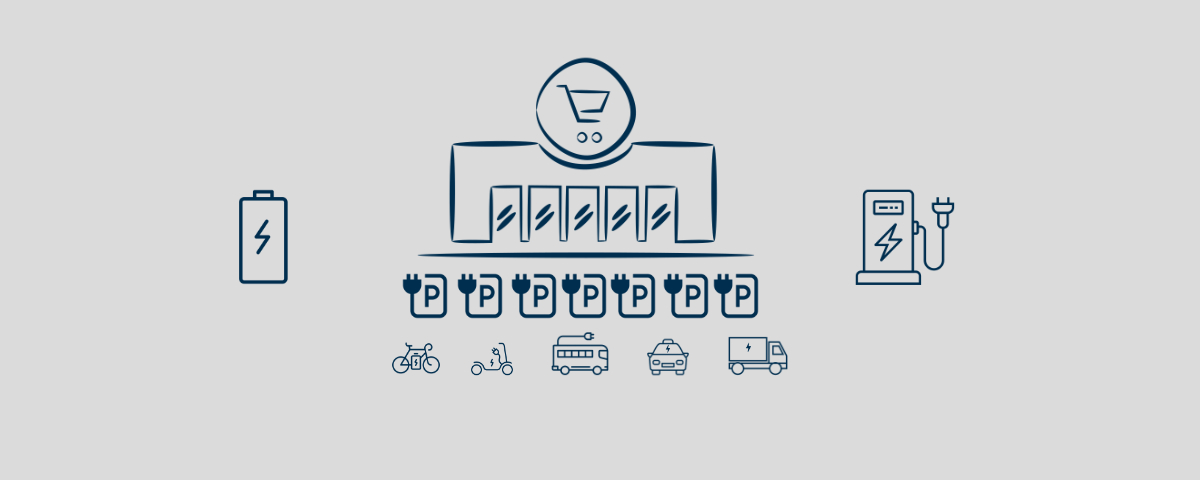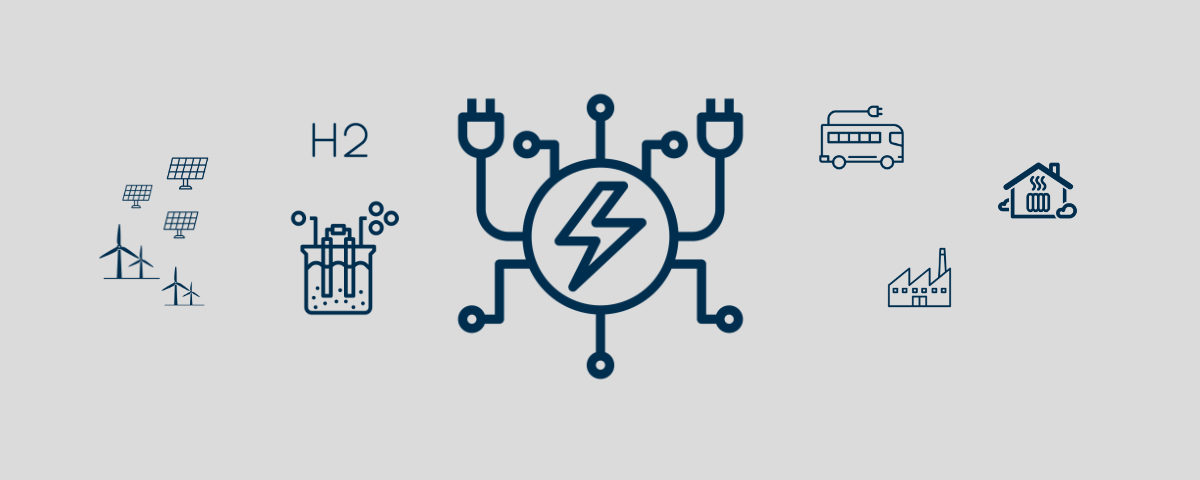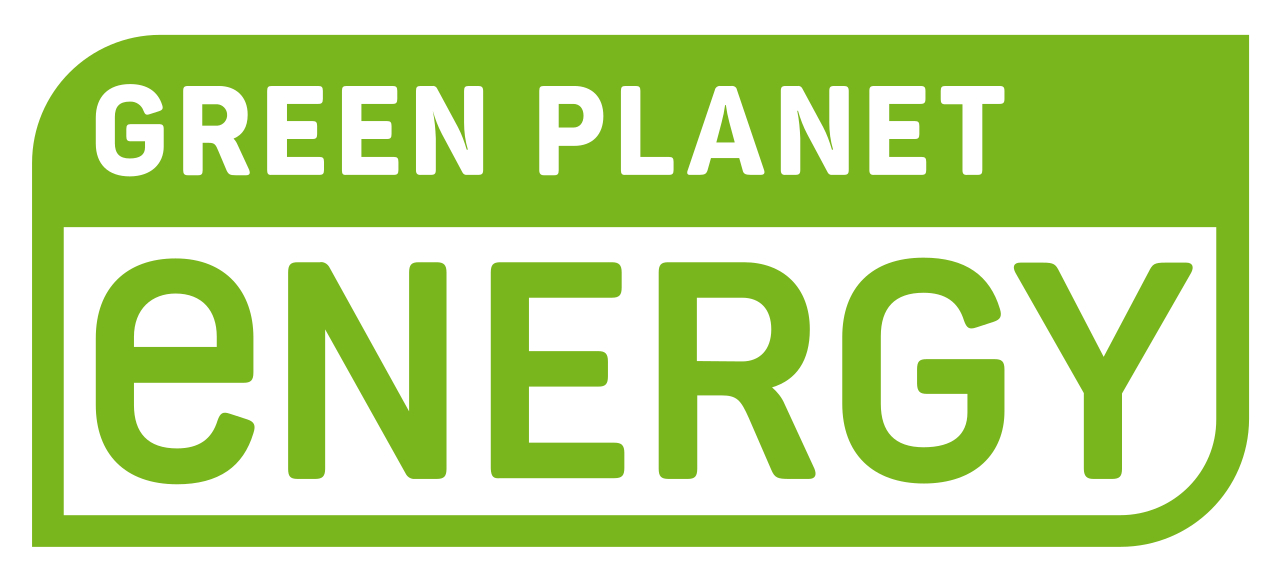
31.01. | Fact Shower: “Power outage & blackout – How safe is our power system in Germany?”
31. January 2023
Retail4Multi-Use – Investigation of multi-use concepts at charging stations in the retail sector
3. February 2023Study on the potential of green hydrogen for the energy transition

Hydrogen is an energy carrier of the future. At present, however, it is not clear whether and how the transformation of the energy system will change the areas of application for green hydrogen. In this project, the RLI scientists are therefore investigating, for example, the special features of the demand structures for green hydrogen in conjunction with the ramp-up of renewable energies. Electrolysers are used to produce hydrogen. The project team is therefore also investigating what capacities are needed for these devices, as well as their operating times and the effects of their use on the power system.
Green hydrogen serves sector coupling
When hydrogen is produced by electrolyzer using electricity from renewable sources, it is called "green hydrogen." It is climate-friendly, can be stored and transported over long distances. It thus contributes to sector coupling - a key concept of the energy transition - and becomes the basis for climate-neutral electricity and heat supply in Germany.
Three key questions on the use of green hydrogen
This study examines the use of green hydrogen based on three key questions:
1. What are the hydrogen requirements of the different sectors of transport, heat or industry and how do these look like in a spatial and temporal resolution?
2. To what extent does the supply of green hydrogen depend on different ramp-up scenarios for renewable energies and a completely climate-neutral energy system?
3. Which concrete capacities, construction periods, operation modes and runtimes of electrolysers are needed to serve the predetermined demand for green hydrogen and how can their areas of application be evaluated with regard to their CO2 emissions, system efficiency and costs?
The results of this project will be published in a study paper and can then be used, for example, as a basis for decisions by political and economic actors.
Project period: November 2022 - April 2023
Green hydrogen serves sector coupling
When hydrogen is produced by electrolyzer using electricity from renewable sources, it is called "green hydrogen." It is climate-friendly, can be stored and transported over long distances. It thus contributes to sector coupling - a key concept of the energy transition - and becomes the basis for climate-neutral electricity and heat supply in Germany.
Three key questions on the use of green hydrogen
This study examines the use of green hydrogen based on three key questions:
1. What are the hydrogen requirements of the different sectors of transport, heat or industry and how do these look like in a spatial and temporal resolution?
2. To what extent does the supply of green hydrogen depend on different ramp-up scenarios for renewable energies and a completely climate-neutral energy system?
3. Which concrete capacities, construction periods, operation modes and runtimes of electrolysers are needed to serve the predetermined demand for green hydrogen and how can their areas of application be evaluated with regard to their CO2 emissions, system efficiency and costs?
The results of this project will be published in a study paper and can then be used, for example, as a basis for decisions by political and economic actors.
Project period: November 2022 - April 2023
In this project, RLI assumes the following tasks:
- Conduct a comprehensive literature review on sectors with H2 needs
- Analysis of quantified H2 demands in respective (industrial) processes
- Analysis of the influence of different RE expansion scenarios on the generation potential of green hydrogen
- Evaluation of hydrogen utilization pathways, e.g. based on CO2 emissions







